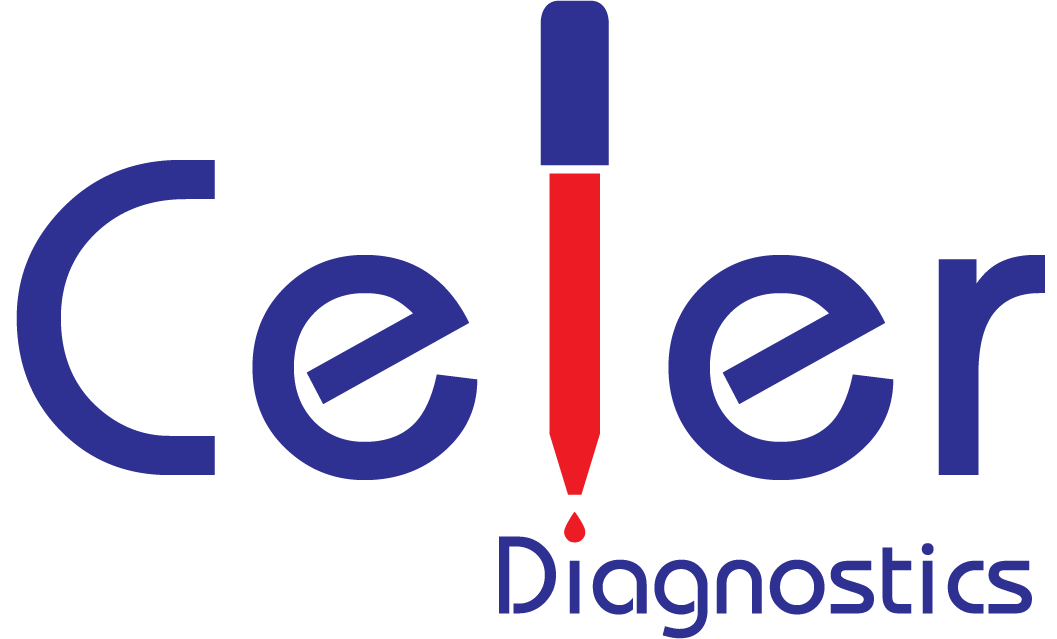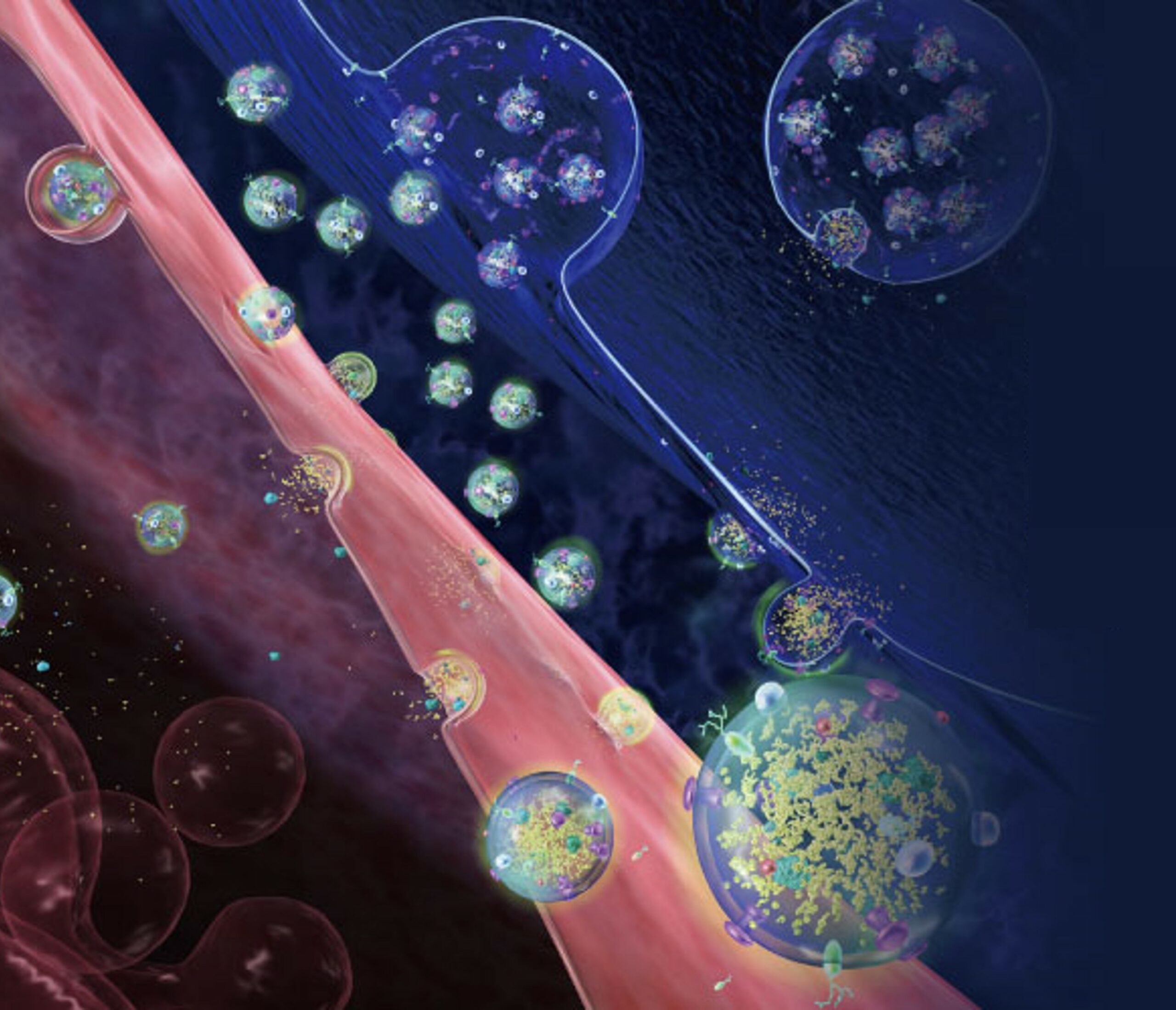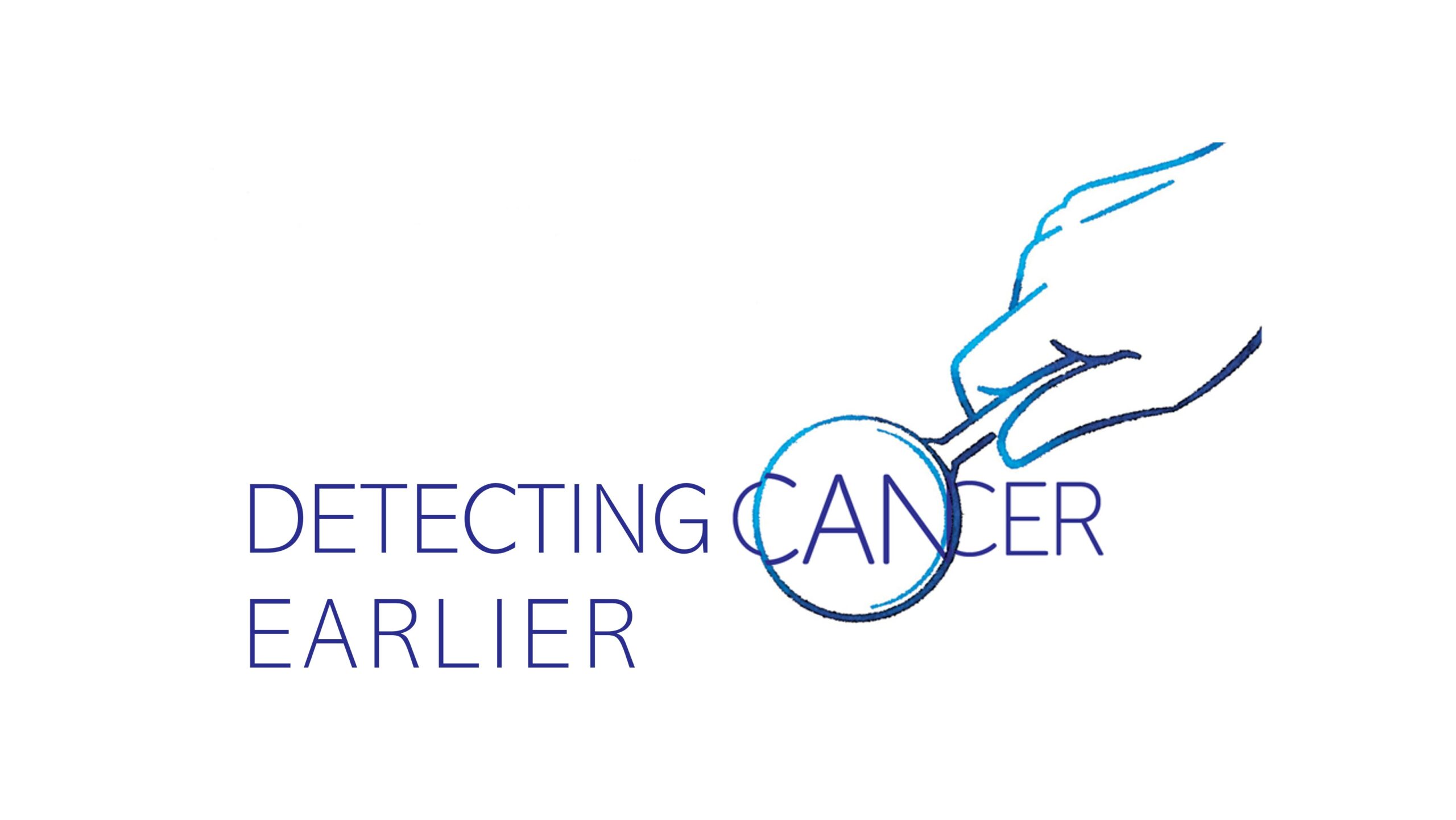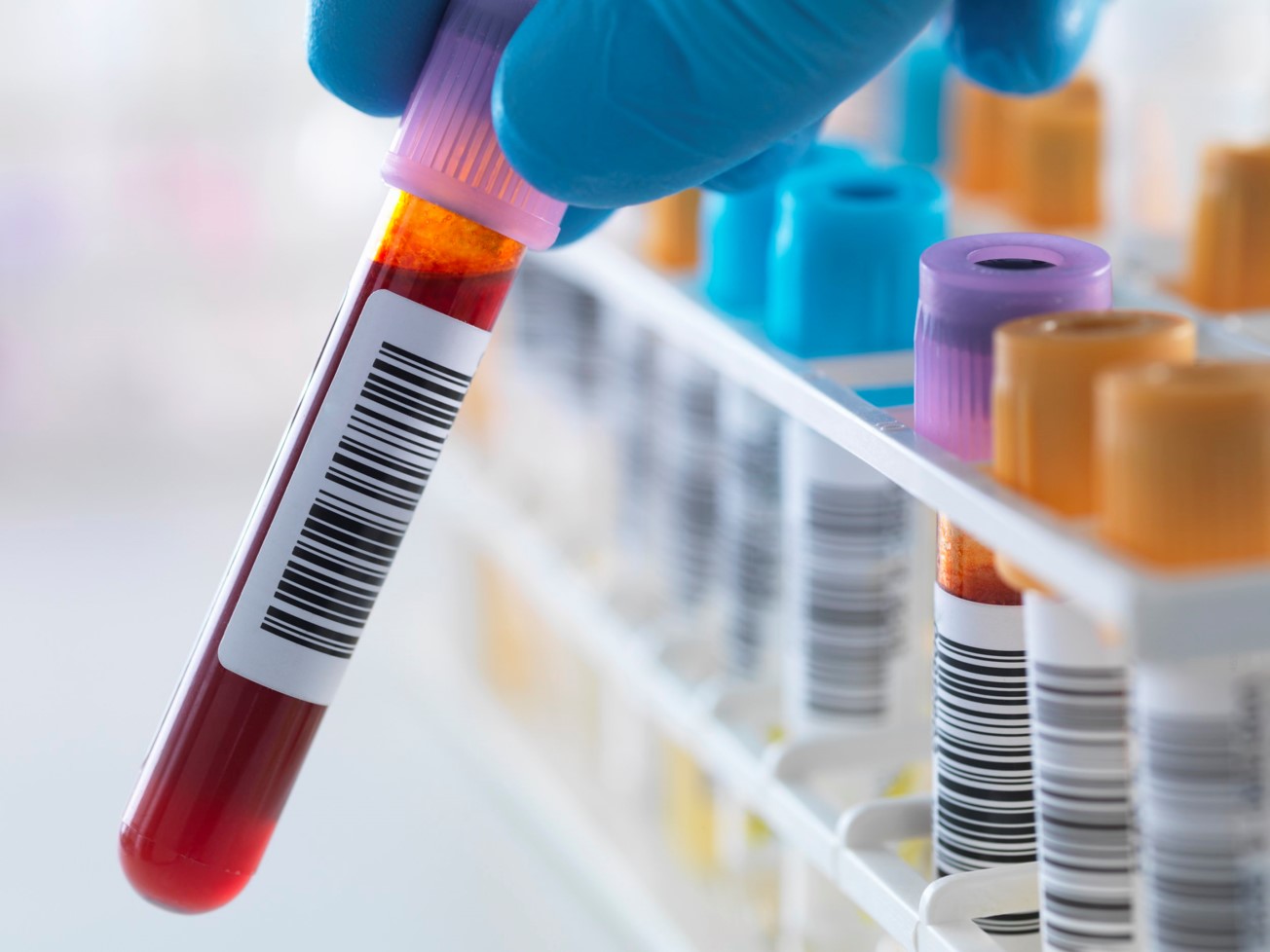Liquid biopsy is a non-invasive technique that uses blood samples to detect and monitor cancer. Unlike traditional tissue biopsies, liquid biopsies can capture the dynamic changes of tumor cells and provide real-time information on cancer progression and response to treatment.
Liquid biopsy startups are developing innovative solutions that leverage various biomarkers, such as circulating tumor DNA (ctDNA), circulating tumor cells (CTCs), exosomes, and circulating free DNA and RNA. These biomarkers can provide valuable insights into the molecular profile, genetic mutations, and viral infections of cancer cells.
In this blog post, we will highlight some liquid biopsy startups impacting oncology and how they are using their technologies to improve cancer diagnosis, prognosis, and treatment.
Mursla – Exosome Quantum Sensing
Exosomes are small vesicles that are released by cells and carry various molecules, such as proteins, lipids, and nucleic acids. Exosomes can act as messengers between cells and influence multiple biological processes. Tumor-derived exosomes, for example, are found to facilitate tumor growth and metastasis.
Mursla is a UK-based startup that presents NPQuantumSense, an on-chip platform for the non-invasive detection of cancer using cancer-specific exosomes circulating in the blood. This technology uses quantum phenomena in biofluids and is based on nanogap electrodes. Nanosensors are activated upon the trapping of target biomarkers such as exosomes.
Lucence – Circulating Tumor DNA
Circulating tumor DNA (ctDNA) is a type of DNA that originates from tumor cells or tumor cell death and is present in the bloodstream. ctDNA can reflect the genetic alterations of tumors and provide information on cancer diagnosis and prognosis.
Lucence is a Singapore-based startup that builds AmpliMARK, a proprietary amplicon-based sequencing technology that detects both cancer-causing genes and viruses. With the help of signal amplification, the startup is able to accurately pinpoint cancer cells and genomic alterations in cancer.
SmartCatch – Circulating Tumor Cells (CTC) Capture
Circulating tumor cells (CTCs) are tumor cells that detach from the primary tumor and enter the bloodstream. CTCs can serve as indicators of tumor aggressiveness and metastatic potential. However, CTCs are rare and difficult to isolate from blood samples.
SmartCatch is a US-based startup that develops a novel device for capturing CTCs from blood samples. The device consists of a microfluidic chip with an array of magnetic nanowires that selectively bind to CTCs. The captured CTCs can then be released for downstream analysis.
Predicine – Circulating Free DNA & RNA
One of the challenges of liquid biopsy is the low abundance and high variability of tumor-derived biomarkers in blood samples. Therefore, liquid biopsy tests require high detection sensitivity and specificity to accurately identify cancer signals.
GENECAST is a South Korea-based startup that develops ADPS (Amplicon-Deep Sequencing), a liquid biopsy test that has high detection sensitivity for ctDNA. The test uses multiplex PCR amplification and NGS to detect mutations in 17 genes related to lung cancer.
Liquid biopsy is a promising technology that has the potential to revolutionize oncology by providing non-invasive, real-time, and comprehensive information on cancer. Liquid biopsy startups are developing innovative solutions that leverage various biomarkers to improve cancer diagnosis, prognosis, and treatment.
Reference:
This article is inspired by: “5 Top Liquid Biopsy Startups Impacting Oncology” from www.startus-insights.com.
